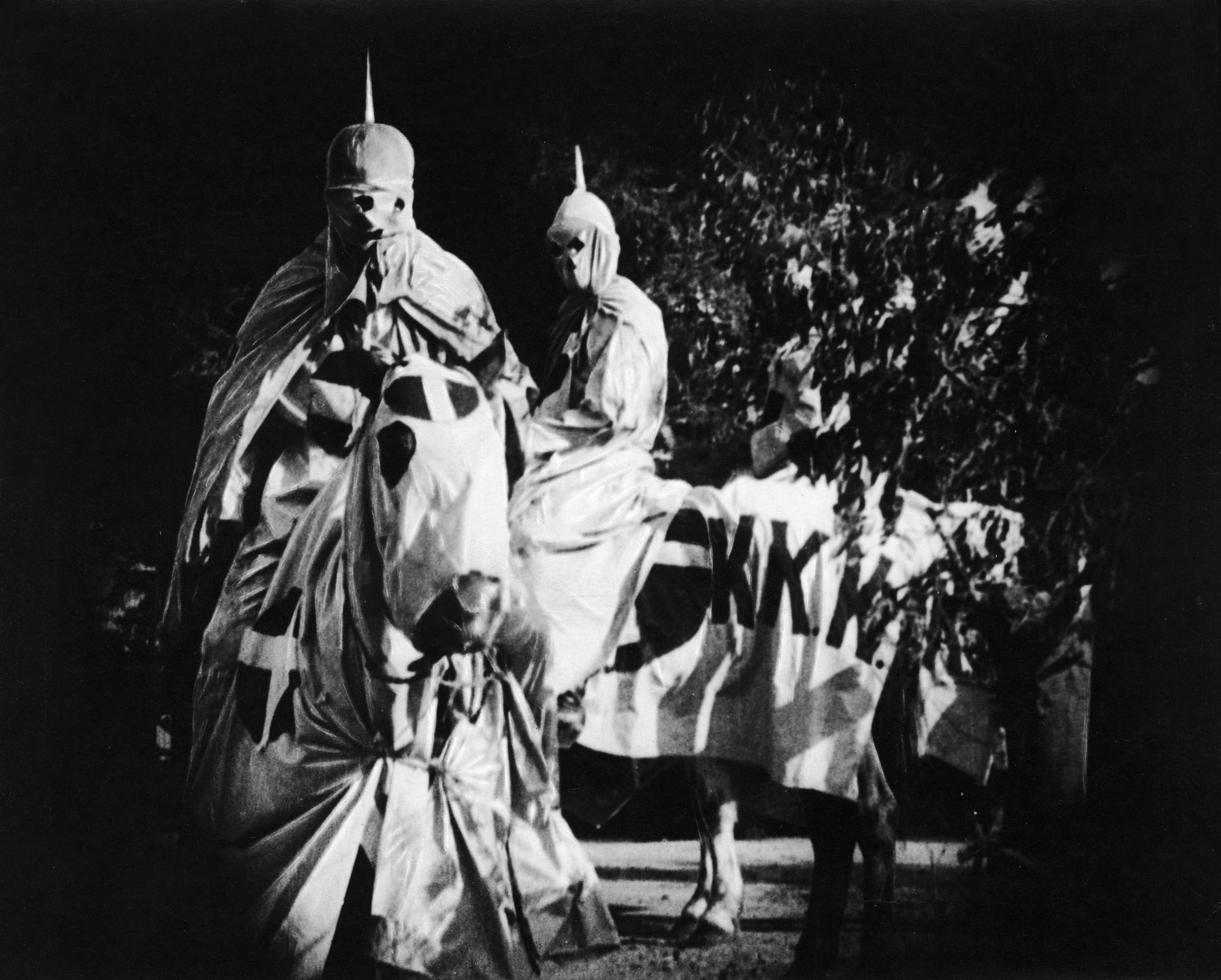
Filmmaker Nate Parker made history on Tuesday by setting a new record for the biggest Sundance deal of all time: his film The Birth of a Nation was acquired by Fox Searchlight for $17.5 million, well above the previous record for the festival, considered to be held by Little Miss Sunshine for $10 million. But that’s not the only history the film is poised to make: with its repurposed title, the movie is stepping into some very big, very notorious shoes.
Parker’s film tells the story of Nat Turner’s 1831 slave rebellion, a critical event in African American history. But it takes its title from another such event: D.W. Griffith’s iconic silent film about the Civil War, a movie that both revolutionized the film industry and left a disgraceful societal legacy.
Griffith’s 1915 film, based on the Thomas Dixon Jr. novel The Clansman, tells the story of Northern and Southern gentlemen friends who must fight each other in the Civil War. Afterward, the emancipation of slaves (played here mainly by white men in blackface) changes their world, in their view, for the worse. As the late, great TIME film critic Richard Corliss wrote last year on the occasion of the film’s centennial:
It is romantic chivalry, Griffith insists, that led to Southerners’ retaliations against Negroes. A rapacious black man stalks a young white woman until, to protect her virginity, she leaps off a cliff to her death. To avenge such indignities and defend the honor of white womanhood, Ben Stoneman and his noble fellows give birth to the Ku Klux Klan (who, in the film’s climax, gallop to the rescue to the music of Wagner’s “Ride of the Valkyries”). That racist realm, not the restored United States, is the true Nation of the film’s title: the land of lynchings, voter suppression and second-class citizenship for Southern blacks.
The movie invented a whole new way of filmmaking: as TIME wrote in 1948, Griffith “rammed his camera into the middle of the action. He took closeups, crosscuts, angle shots and dissolves. His camera was alive, picking off shots; then he built the shots into sequences, the sequences into tense, swift narrative.” Movies were no longer just theater on screen, but their own dynamic art form. As Charlie Chaplin once said, “The whole industry owes its existence to him.”
But the film (which made about $1.8 billion in today’s dollars) had repercussions outside Hollywood, too. Its depiction of the South as the land of white gentility and of blacks as sex-crazed savages “helped revive the dormant Ku Klux Klan, which for the next few decades went on a righteous spree of killing black men,” as Corliss wrote. Even while black communities protested the film, then-President Woodrow Wilson praised it as “like writing history with lightning.” He invited Griffith to screen the film in the White House, “the second film ever shown on the grounds of the White House and the first ever inside,” as TIME wrote last year.
Despite its nasty legacy, it continues to be taught as a landmark moment in film history, a fact that has made some uncomfortable. Spike Lee had to study the film in his first year of graduate school at NYU’s Tisch School of the Arts, and swung back at the faculty by making a short film called The Answer. It’s premise: A black filmmaker is tasked with making a big-budget studio remake of The Birth of a Nation.
“Resistance lives in the air in this current moment,” Nate Parker told the Hollywood Reporter earlier this month. “Anyone who sees this film should leave the theater and feel compelled to be a change factor with respect to relations that are taking place in this country. But also, they should be proud to be an American. This country was built on rebellion.” If Parker’s rebellious movie is as powerful as the big paycheck indicates, it stands to permanently rewrite the story of America’s first blockbuster.
More Must-Reads from TIME
- Cybersecurity Experts Are Sounding the Alarm on DOGE
- Meet the 2025 Women of the Year
- The Harsh Truth About Disability Inclusion
- Why Do More Young Adults Have Cancer?
- Colman Domingo Leads With Radical Love
- How to Get Better at Doing Things Alone
- Michelle Zauner Stares Down the Darkness
Contact us at letters@time.com